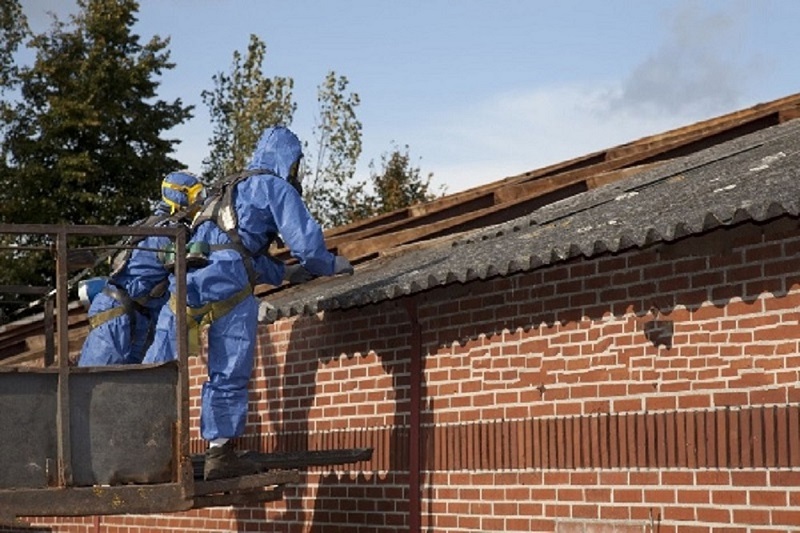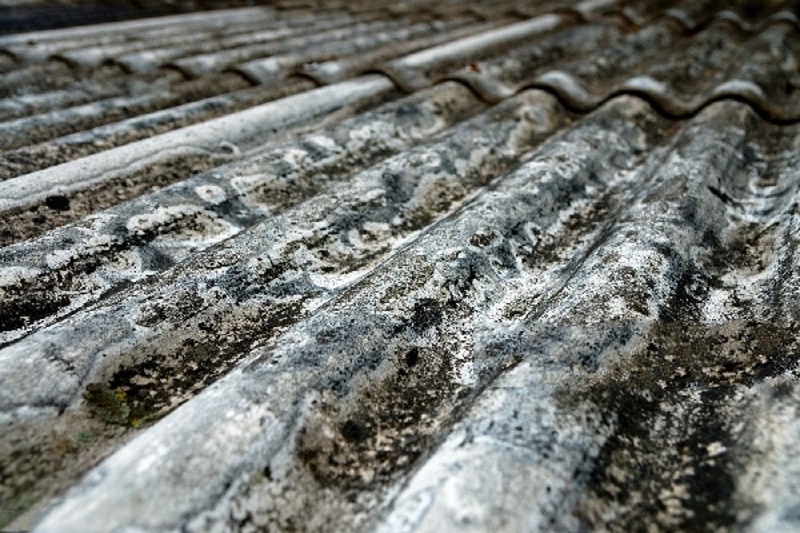
Introduction
Asbestos was once a popular building material used in the construction industry due to its durability, fire resistance, and insulation properties. However, it has since been discovered that prolonged exposure to asbestos fibers can lead to severe health problems, including lung cancer, mesothelioma, and asbestosis. Consequently, asbestos testing has become an essential step in ensuring the safety of both residential and commercial buildings.
Before you decide to proceed with asbestos testing, it's crucial to ask some important questions to better understand the process and its implications. In this article, we will discuss 10 essential questions to ask before asbestos testing, which will help you make an informed decision and protect the health of those living or working in the building.
1. What are the signs that my building may contain asbestos?
Asbestos-containing materials (ACMs) were widely used in construction until the 1980s. If your building was constructed or renovated before this time, there is a possibility that it may contain asbestos. Common materials that may contain asbestos include:
- Insulation
- Roofing and siding materials
- Floor tiles
- Textured paint and patching compounds
- Heat-resistant fabrics
If you suspect that your building may contain asbestos, it's essential to have it tested by a professional to determine the presence and extent of ACMs.
2. How does asbestos testing work?
Asbestos testing involves collecting samples of suspected ACMs and sending them to a laboratory for analysis. The laboratory will use specialized techniques, such as polarized light microscopy (PLM) or transmission electron microscopy (TEM), to determine the presence and concentration of asbestos fibers in the samples. Once the results are available, the asbestos professional will provide you with a detailed report outlining their findings and recommendations for further action, if necessary.
3. Who should perform asbestos testing?
Asbestos testing should be performed by a qualified and experienced asbestos professional. These individuals have undergone extensive training and are certified to handle and test asbestos-containing materials safely. Hiring a professional ensures that the testing process is carried out correctly, minimizing the risk of asbestos exposure and providing you with accurate results.
4. How much does asbestos testing cost?
The cost of asbestos testing can vary depending on several factors, including the size of the building, the number of samples required, and the location of the property. On average, asbestos testing can cost between $250 and $750. However, it's essential to obtain several quotes from different asbestos professionals to ensure you receive a fair price for the service.
5. What happens if asbestos is found in my building?
If asbestos is found in your building, the asbestos professional will recommend the most appropriate course of action based on the location, condition, and extent of the ACMs. This may include:
- Asbestos abatement: The process of removing or encapsulating asbestos-containing materials to eliminate the risk of exposure.
- Asbestos management: Implementing a plan to manage the presence of asbestos in the building, including regular inspections, maintenance, and monitoring.
- Asbestos remediation: The process of repairing or removing damaged asbestos-containing materials to reduce the risk of exposure.

6. What is the difference between asbestos inspection and asbestos testing?
Asbestos inspection is a visual examination of a building to identify suspected ACMs and assess their condition. This process may involve taking photographs, documenting the location and extent of the materials, and creating a detailed report of the findings. Asbestos testing, on the other hand, is the process of collecting samples of suspected ACMs and analyzing them in a laboratory to determine the presence of asbestos fibers.
7. Can I perform asbestos testing myself?
While it may be tempting to try and save money by performing asbestos testing yourself, it is not recommended. Asbestos testing requires specialized knowledge, training, and equipment to ensure the process is carried out safely and accurately. Additionally, DIY asbestos testing kits may not provide reliable results, potentially putting the health of those living or working in the building at risk.
8. How long does asbestos testing take?
The length of time it takes to complete asbestos testing can vary depending on several factors, including the size of the building and the number of samples required. In general, the process of collecting samples and sending them to a laboratory for analysis can take anywhere from a few days to a couple of weeks. Once the results are available, the asbestos professional will provide you with a detailed report outlining their findings and recommendations for further action, if necessary.
9. Are there any legal requirements for asbestos testing?
In many countries, there are specific regulations and guidelines in place to manage the risk of asbestos exposure in residential and commercial buildings. These regulations may require building owners to conduct asbestos testing, particularly during renovation or demolition projects. It's essential to consult your local government or regulatory authority to determine the specific requirements for asbestos testing in your area.
10. What are the next steps after asbestos testing?
If asbestos is found in your building, it's essential to follow the recommendations provided by the asbestos professional to manage the risk of exposure. This may include implementing an asbestos management plan, carrying out asbestos abatement or remediation, or conducting regular inspections and maintenance of the ACMs.
In conclusion, asbestos testing is a crucial step in ensuring the safety of those living or working in a building potentially containing asbestos. By asking these 10 essential questions before asbestos testing, you can better understand the process, make informed decisions, and protect the health of those around you. Remember always to consult with a qualified and experienced asbestos professional to ensure the testing process is carried out safely and accurately.






Post a Comment
Note: only a member of this blog may post a comment.